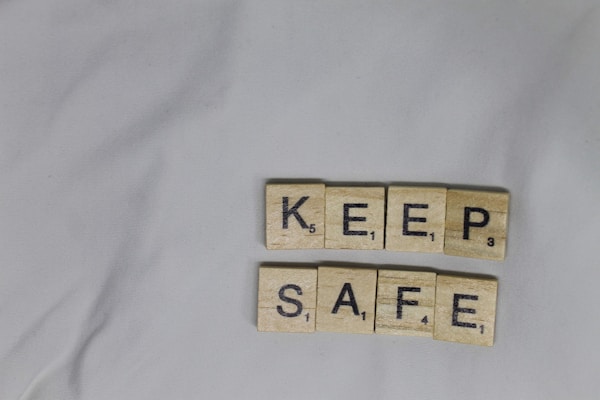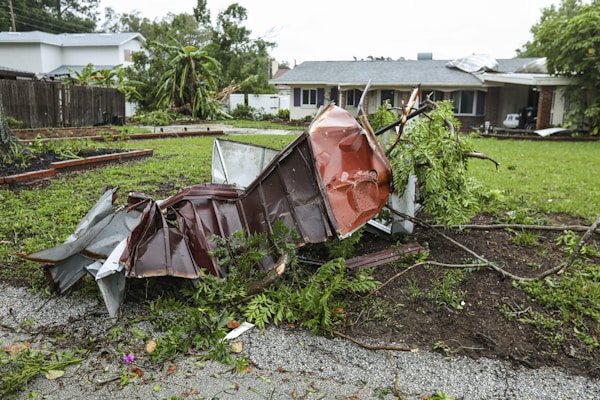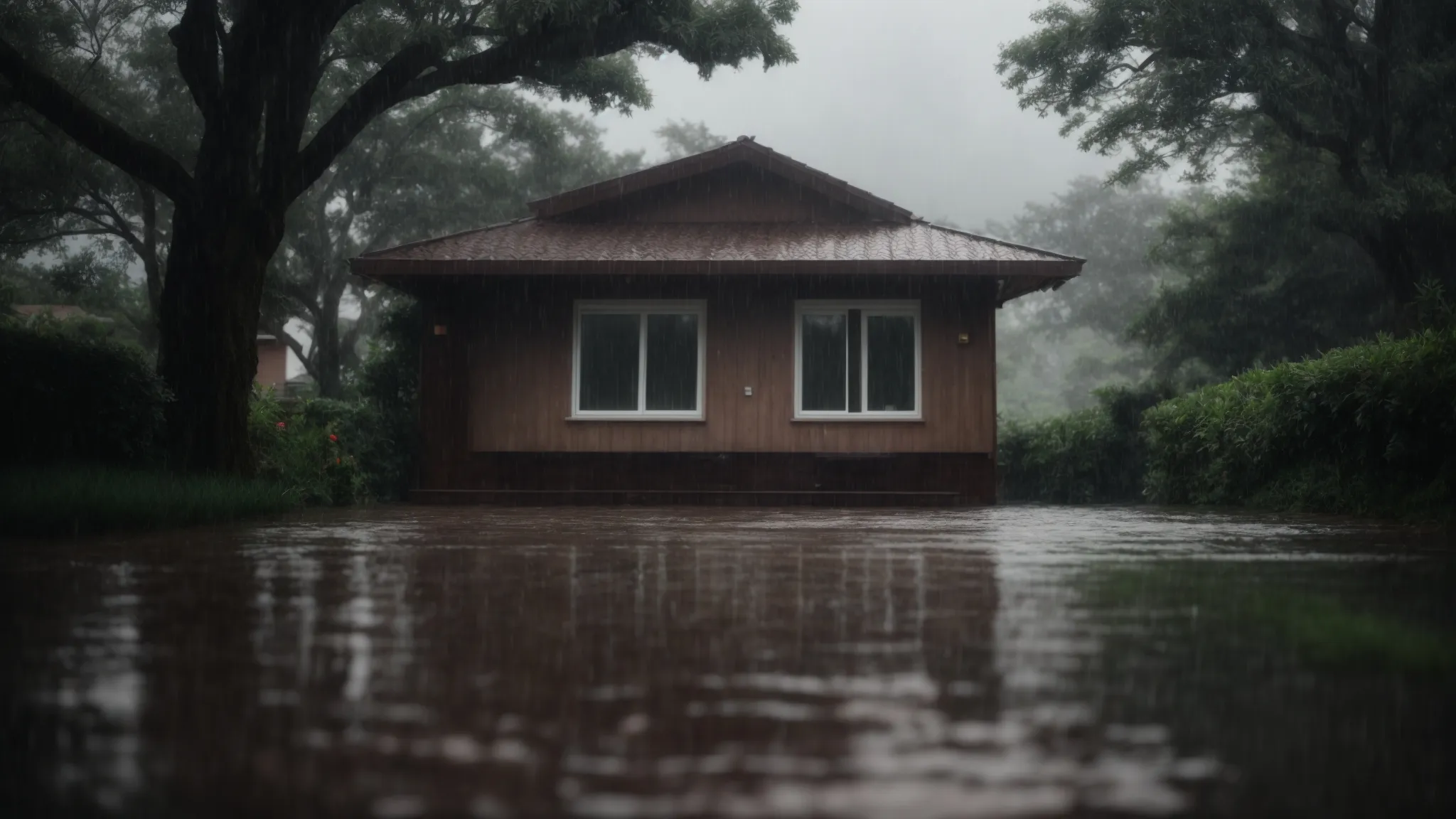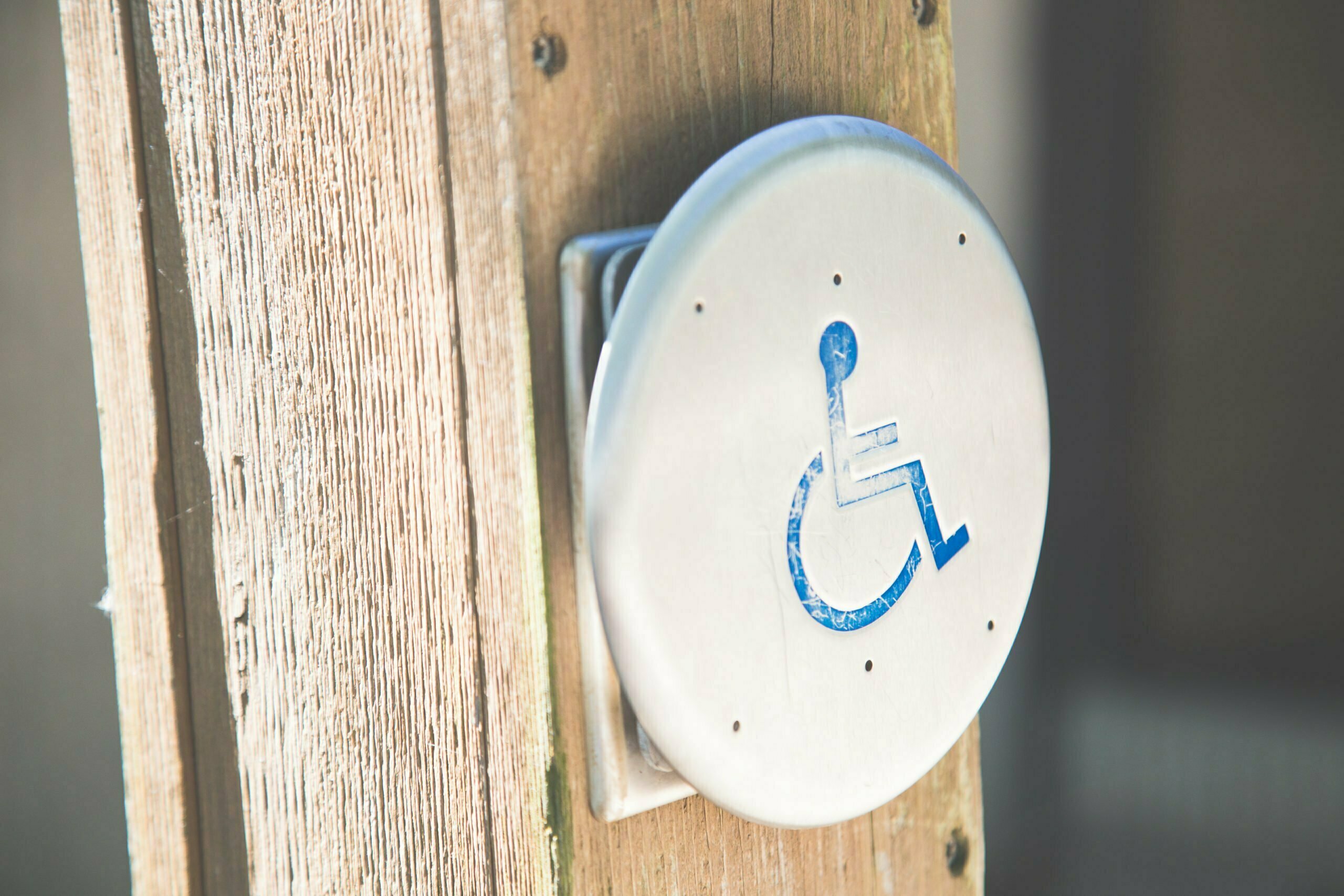Emergency remediation is the process of repairing and restoring a structure or property to its original condition after it has been damaged by a fire, water, or other disasters. The goal of emergency remediation is to minimize the damage and restore the homeowner or homeowners’ property to its pre-disaster condition as quickly as possible. Emergency remediation is important because it helps protect property and minimize the costs of damages.
If you are unfortunate enough to experience an emergency remediation situation, it is important to know what to do. By following these simple steps, you can minimize the damage and get your life back to normal as quickly as possible.
Disinfect and sanitize your home during cleanup.
It’s important to properly disinfect and sanitize your home after an emergency. This will help protect you and your family from any harmful bacteria, vapors, sediment, or viruses that may have been left behind. This is especially important if there has been a loss of water or sewage. Disinfecting kills germs, while sanitizing reduces the number of germs to a safe level.
This is why the first step in emergency remediation is to disinfect and sanitize the area. This will help to stop the spread of any contaminants and prevent further damage. There are several different products that can be used for this purpose, including bleach, ammonia, and hydrogen peroxide. It is important to read the manufacturer’s instructions carefully before using any of these products, as they can be harmful if not used correctly.
Keep a safe environment.

The Environmental Protection Agency (EPA) advises individuals to take the necessary precautions to keep their environment clean and safe. Some tips include avoiding contact with floodwater or surface water, using gloves when cleaning up the contaminated site, and properly disposing of any hazardous waste. It is also important to note that some items may be damaged during a natural disaster and could release harmful chemicals or pollutants into the air, water, or soil. In such cases, it is advised to call the EPA’s National Response Center at 1-800-424-8802.
Take stock of belongings and damages.

When your home or office is affected by a water or fire disaster, your belongings will often need to be remediated in order to return them to their pre-disaster condition. This means that your belongings will be treated for any damage or contamination that they may have suffered.
In some cases, you may not be able to save your items from the damages that they incurred during the disaster. Even so, it is important to take stock of your belongings, and map out what was damaged beyond repair, damaged severely, or lost entirely during the disaster. Taking inventory will prepare you for the long process of filing a claim with your insurance company to file a claim to get reimbursed for the damages.
File a claim with your insurance company.

If you have suffered damages because of a natural or man-made disaster, you may be able to file a claim with your insurance company for reimbursement. The first step is to contact your insurance agent and report the damage. Be prepared to provide information about the type of damage, when it occurred, and how much it is estimated to cost to repair. You will also need to provide copies of any estimates or invoices for repair work.
Your insurance company will then investigate the claim and may ask for additional documentation or photographs of the damage. If the company agrees that the damage is covered by your policy, it will reimburse you for the costs of repairing or replacing damaged property. It is important to note that not all types of damage are covered by insurance policies, so be sure to read your policy carefully before filing a claim.
No one is ever truly prepared for disaster, but we can ease some of the aches by preparing for what to do after one happens so that the scars don’t go too deep. We’ve seen the effects of fire damage just recently, and the remediation that will go into making those families whole again will be extensive. Protect yourself and what you can while you can.









